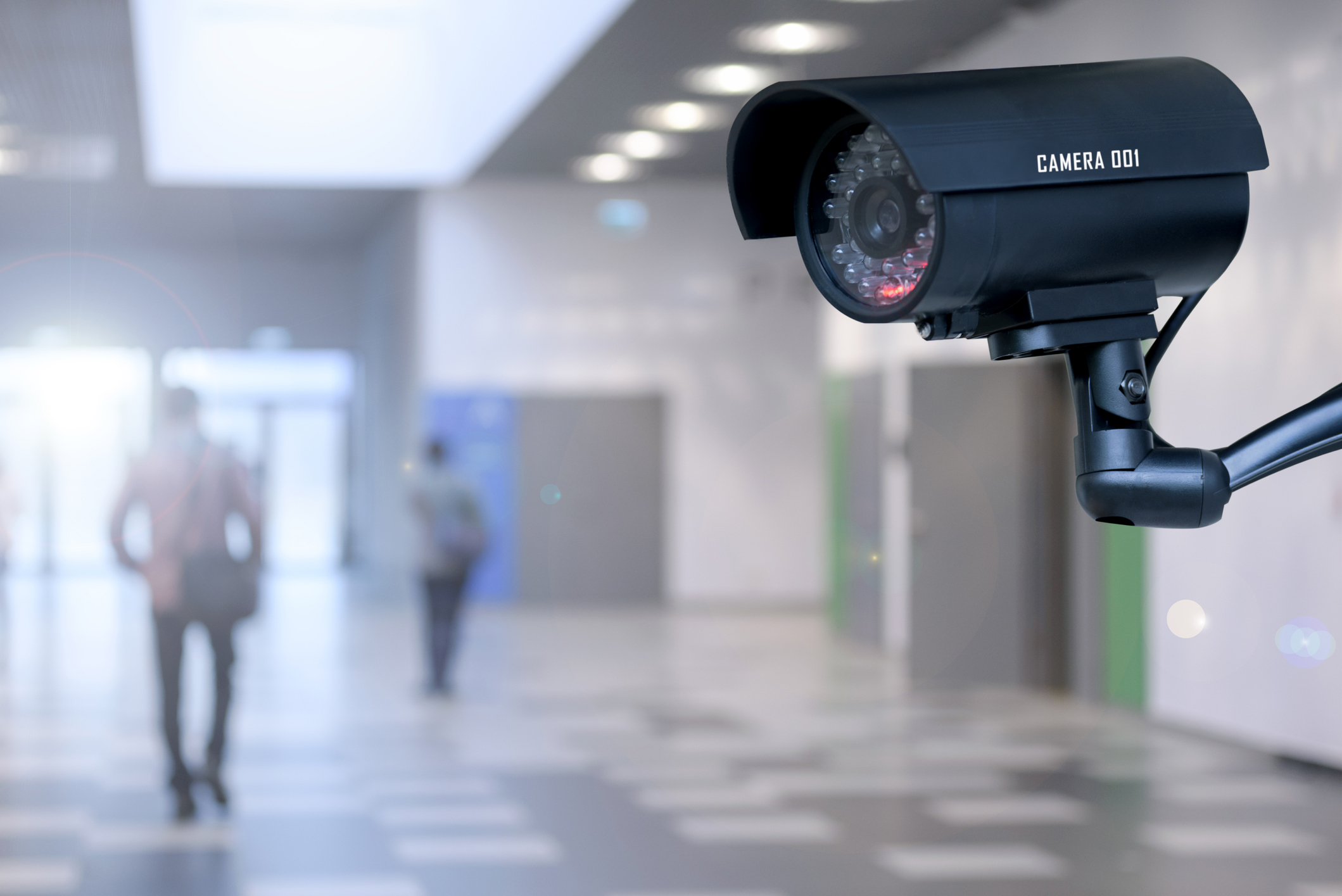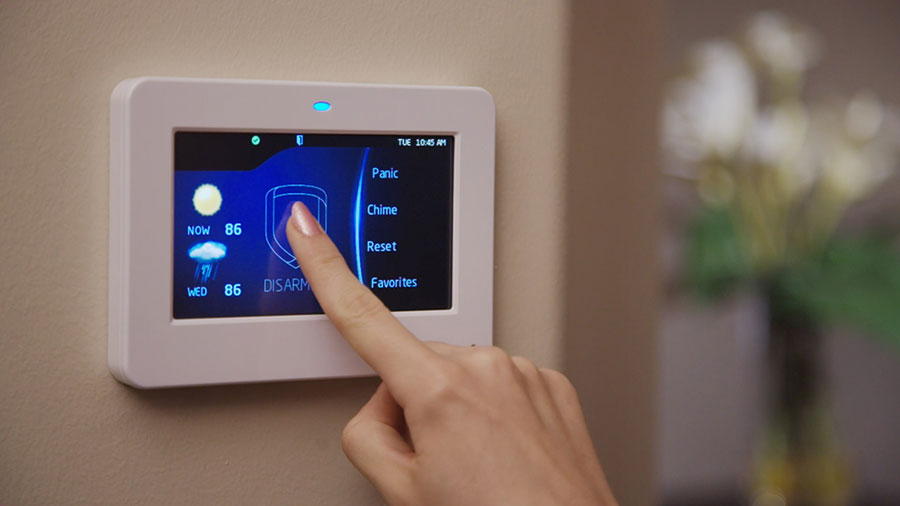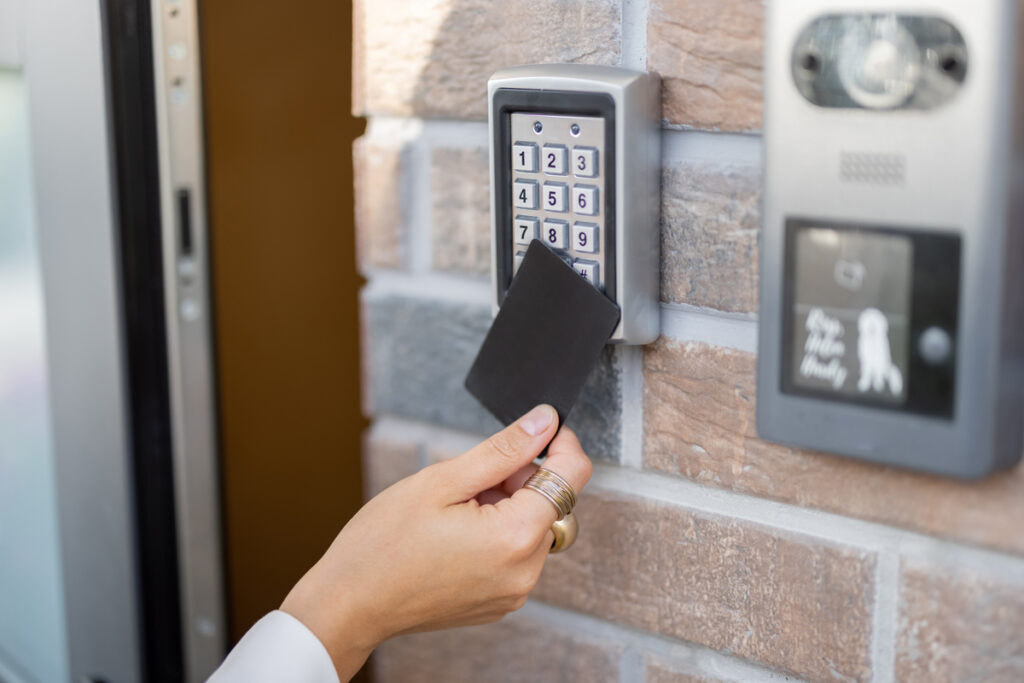Security Systems Businesses Rely On: Top Features to Look For

In an increasingly unpredictable world, the importance of robust security systems cannot be overstated. Businesses, regardless of their size or industry, require comprehensive security solutions to protect their assets, employees, and sensitive information. With a plethora of options available, it is essential for business owners to identify the key features that make a security system effective and reliable. This article delves into the top features to look for when selecting a security system for any business.
1. Comprehensive Surveillance Capabilities
The primary function of a security systems businesses is to monitor premises effectively. Comprehensive surveillance capabilities are essential for ensuring that all areas of a business are adequately covered. A robust security system not only deters potential intruders but also provides peace of mind to employees and customers alike, fostering a safe environment conducive to productivity and trust.
High-Resolution Cameras
High-resolution cameras are crucial for capturing clear images and videos. This clarity is vital for identifying individuals and activities within the vicinity. Look for systems that offer at least 1080p resolution, as this level of detail can prove invaluable in the event of an incident. Furthermore, advanced models may also incorporate features such as digital zoom and image stabilisation, which can significantly enhance the quality of footage, making it easier to discern critical details during investigations.
Night Vision and Low-Light Performance
Many security breaches occur after dark, making night vision capabilities a significant feature. A good security system should include cameras with infrared technology, allowing for clear visibility in low-light conditions. This ensures that businesses remain protected around the clock. Additionally, some systems utilise thermal imaging, which can detect heat signatures even in complete darkness, providing an extra layer of security that is particularly beneficial for outdoor areas prone to intrusions.
Wide-Angle and Pan-Tilt-Zoom (PTZ) Options
Wide-angle cameras can cover larger areas, reducing the number of cameras needed for comprehensive surveillance. Additionally, PTZ cameras offer the flexibility to zoom in on specific areas or track moving objects, enhancing the overall monitoring capabilities of the system. This adaptability is especially advantageous in dynamic environments, such as retail spaces or large warehouses, where the ability to adjust the camera’s focus can help capture critical incidents as they unfold. Moreover, many modern PTZ cameras can be controlled remotely, allowing security personnel to respond swiftly to potential threats from a distance, further improving the efficacy of the surveillance system.
2. Advanced Alarm Systems
Alarm systems are a critical component of any security setup. They serve as the first line of defence against intrusions and other emergencies.
Intrusion Detection
Effective intrusion detection systems can identify unauthorised access attempts. Look for features such as motion sensors, door/window sensors, and glass break detectors. These elements work together to provide real-time alerts when a breach occurs.
Fire and Environmental Sensors
Security systems that integrate fire and environmental sensors can offer an added layer of protection. Smoke detectors, carbon monoxide detectors, and flood sensors can alert businesses to potential hazards, allowing for timely intervention and minimising damage.
Remote Monitoring and Alerts
Modern alarm systems should allow for remote monitoring via smartphones or computers. This feature enables business owners to receive instant alerts and check live feeds from anywhere, ensuring peace of mind even when away from the premises.
3. User-Friendly Interface
A security system is only as effective as its usability. A user-friendly interface is crucial for ensuring that all employees can operate the system efficiently.
Intuitive Control Panels
Look for systems with intuitive control panels that simplify the process of arming and disarming the system. Clear instructions and easy navigation can significantly reduce the likelihood of user error, which is essential for maintaining security.
Mobile Applications
Mobile applications that accompany security systems can enhance user experience. These applications should allow users to manage settings, view live feeds, and receive alerts directly on their smartphones, making it convenient to stay informed about security status.
4. Integration with Other Systems
In today’s digital age, the ability to integrate various systems can greatly enhance security measures. A security system that works seamlessly with other technologies can provide a more comprehensive solution.
Access Control Systems
Integrating access control systems with security cameras and alarms can streamline security management. This allows for better tracking of who enters and exits the premises, thereby enhancing overall security.

Building Management Systems
Security systems that integrate with building management systems can improve operational efficiency. For instance, linking security cameras with HVAC or lighting systems can help create a safer environment by ensuring that areas are adequately lit and climate-controlled during off-hours.
5. Scalability and Flexibility
As businesses grow, their security needs may change. Therefore, choosing a security system that is scalable and flexible is essential for long-term effectiveness.
Expandable Hardware
Look for systems that allow for the addition of cameras, sensors, and other components as needed. This flexibility ensures that the security system can grow alongside the business without the need for a complete overhaul.
Customisable Features
Customisable features enable businesses to tailor their security systems to their specific requirements. This might include setting different access levels for employees or creating custom alerts based on specific triggers.
6. Reliability and Support
When investing in a security system, reliability is paramount. A system that fails to operate during a critical moment can have devastating consequences.
Quality of Equipment
High-quality equipment is essential for ensuring that a security system functions reliably over time. Look for systems that use durable materials and components designed to withstand various environmental conditions.
Customer Support and Maintenance
Robust customer support is vital for addressing any issues that may arise. Choose a provider that offers comprehensive support, including installation, maintenance, and troubleshooting. Regular maintenance checks can also help ensure that the system remains in optimal working condition.
7. Data Security and Privacy
In an age where data breaches are common, ensuring the security and privacy of sensitive information is critical.
Encryption and Data Protection
Look for security systems that employ strong encryption methods to protect data transmitted between devices. This is particularly important for systems that allow remote access, as unsecured connections can be vulnerable to hacking.
Compliance with Regulations
Businesses must ensure that their security systems comply with relevant data protection regulations, such as the General Data Protection Regulation (GDPR) in the UK. This compliance not only protects the business but also builds trust with customers and employees.
8. Cost-Effectiveness
While investing in a high-quality security system is essential, it is also important to consider cost-effectiveness. A well-planned budget can ensure that a business receives the best value for its investment.
Initial Investment vs. Long-Term Savings
While some security systems may require a higher initial investment, they can lead to long-term savings by preventing theft, damage, and liability costs. It is crucial to assess the potential return on investment when evaluating different systems.
Flexible Pricing Models
Look for providers that offer flexible pricing models, such as subscription-based services or financing options. This flexibility can make it easier for businesses to manage their budgets while still obtaining the necessary security features.

Conclusion
Choosing the right security system for a business is a critical decision that requires careful consideration of various features. From comprehensive surveillance capabilities to user-friendly interfaces and data security, each aspect plays a vital role in ensuring the safety and security of a business.
By focusing on the key features outlined in this article, business owners can make informed decisions that not only protect their assets but also provide peace of mind. Investing in a reliable and effective security system is not just a precaution; it is a necessary step towards safeguarding the future of any business.
See Also: Why commercial security solutions are key to protecting your investment.
